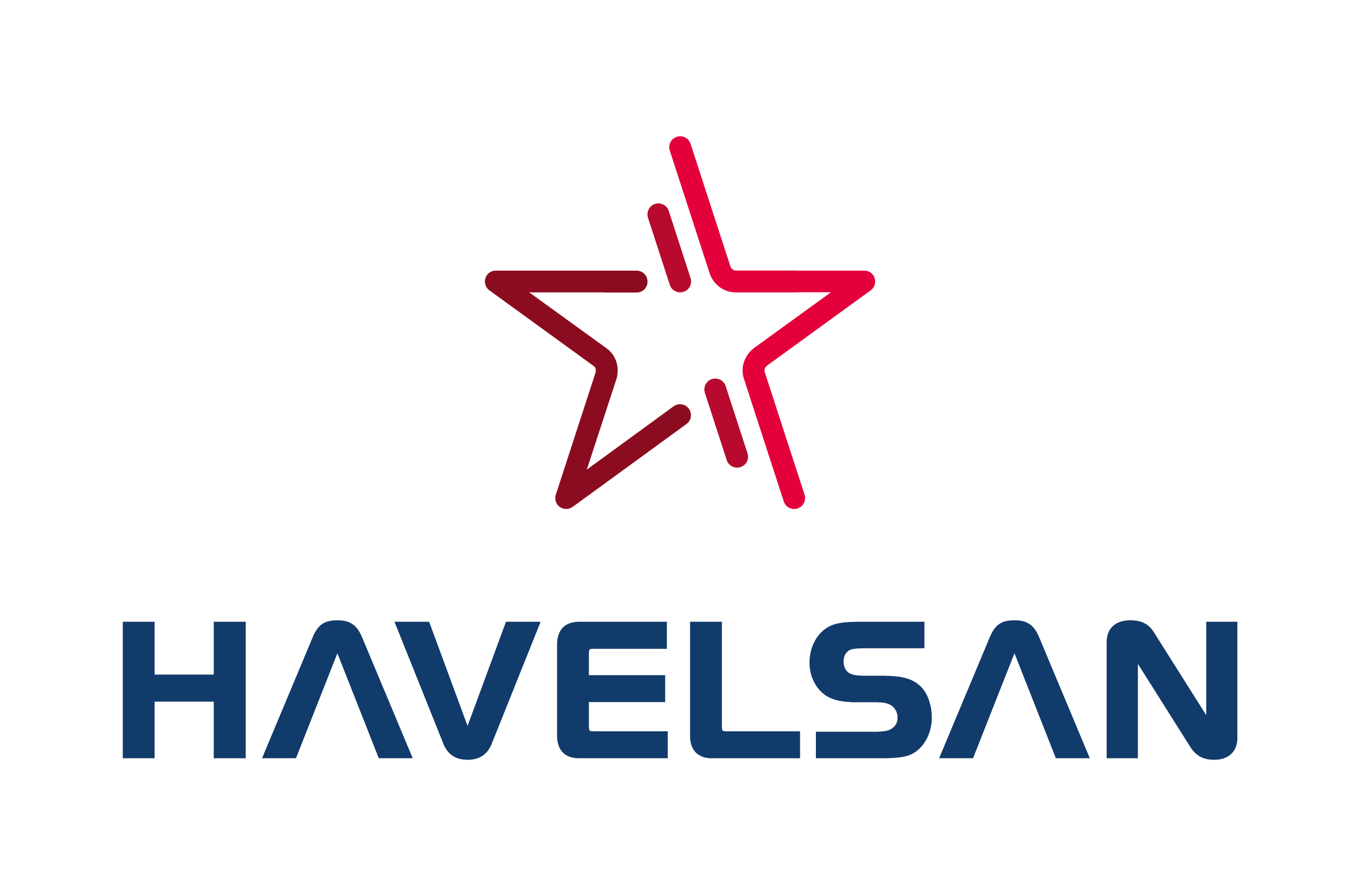Biography
Utku has received his bachelor’s and master’s degrees from Bilkent University, Türkiye from the Computer Engineering Department. He started his Ph.D. in Mechanical Engineering in ETH-Zurich, Switzerland and then moved to the University of Cambridge, UK to help establish the Bio-Inspired Robotics Laboratory. After completing his Ph.D. in the design and control of physically adaptive soft robots, he joined the Physical Intelligence Department at the Max-Planck Institute (MPI) for Intelligent Systems in Stuttgart, Germany. Combining fellowships from the Max Planck Society and the Alexander von Humboldt Foundation, he worked on the control of small scale soft robots, statistical machine learning on physical systems, and the control of self-assembling robotic elements. Utku joined the Munich Institute of Robotics and Machine Intelligence (MIRMI) of the Technical University of Munich (TUM) as the Chief of Science in April 2021. Here, Utku coordinated the joint research efforts of multiple departments and research laboratories on the human-centered robotics and machine intelligence for the future of work, health, mobility, and environment. He managed more than 30 national and internationally funded robotics research projects. In April 2024, Utku joined Learning Systems and Robotics Lab of TUM as a Senior Researcher and a project manager to develop robotic grippers for agricultural automation. Since 2025, Utku is working as an Applications Programming Engineer at Raith GmbH, developing intelligent process automation algorithms and AI tools for nanofabrication systems and characterization technologies.
I was born in Istanbul, Türkiye and raised in Ankara where I completed most of my education (from elementary to masters of science). Being raised in the ’80 and ’90s, my imagination was shaped by watching sci-fi movies involving a lot of robots and building the things I see with K’nex and Legos. Following the dream to work for Lucas Arts and develop games, I started studying Computer Engineering at Bilkent University. I quickly realized that robotics is a much more interesting path for me and started working on rigid body dynamics in my 2nd year. During my undergraduate studies, I focused on embedded programming, electronics design, feedback control, physics modeling, and simulation. After graduation, I co-founded a spin-off company producing medical products and robotic arcade games. At the same time, I started my master’s program in Computer Engineering at Bilkent University and explored image analysis, pattern recognition, and machine learning. To expand my skills, I visited the NanoRobotics Lab at Carnegie Mellon University and worked on an amphibious robot design for 6 months. I joined Prof. Fumiya Iida‘s group at ETH – Zürich as a Ph.D. candidate at the Mechanical and Process Engineering. There, I was introduced to the new soft robotics field. Here, I learned materials physics, fast-prototyping methods, and bio-inspired robot designs. In 2014, we moved our research group to the University of Cambridge. There, we started experimenting with soft robotic manipulators in agricultural tasks. After receiving my doctoral degree, I joined the Physical Intelligence Department at the Max Planck Institute for Intelligent Systems in Stuttgart, Germany in November 2016. In 2018, I received the Postdoctoral Research Fellowship from the Alexander von Humboldt Foundation. Until April 2021, I worked on developing self-assembling soft robots and machine-learning methods to find unprecedented soft robotic functions and designs. In April 2021, I started as the Chief of Science and Senior Manager at the Munich Institute of Robotics and Machine Intelligence of the Technical University of Munich. I worked with 70+ professors who are the pioneers of their fields (see the full list here), and an amazing team of scientists on a wide range of fundamental and applied robotics topics. I joined the Learning Systems and Robotics (LSY) Laboratory of the Technical University of Munich in April 2024 where I worked as a project manager and a senior researcher on soft robotic grippers for agricultural automation. I joined Raith GmbH in 2025 as an Applications Programming Engineer to develop AI tools and process automation algorithms for nanofabrication and characterization of nanotechnology products such as semiconductors, photonics and electronics.
I have always been interested in arts and music since childhood. I have been involved in many music bands as a guitarist and a vocal since high school and played a wide range of genres from heavy metal, folk to blues. I am still playing and singing whenever possible. I was lucky to have artsy parents and relatives that guided my art appreciation. I have been producing the technical and scientific illustrations in my research articles and now I am currently experimenting with geometrical designs in art and architecture. I really enjoy reading philosophy and history. I find everything related with deep-space exciting. I have been sailing for a few years now, and it has become a defining part of my life. You can find more of these on my Personal page.
Career Highlights
- Manager of more than 40 applied projects on robotics, AI, and automation, overseeing €60M+ total budget.
- Developer of seven large-scale robotics and engineering projects, securing €6.2M+ in third-party funding.
- Innovator with experience in founding a start-up, holding a patent, and transferring technology to various companies.
- Recipient of multiple honors and awards including the Alexander von Humboldt Postdoctoral Research Fellowship.
- Public speaker, invited as an expert on robotics and AI to over 20 international events and conferences.
- Organizer of five international events uniting robotics, automation, and AI experts from academia, industry, and sponsors.
- Published author of 22 peer-reviewed articles on robotics and machine learning (full list available here and on Google Scholar)
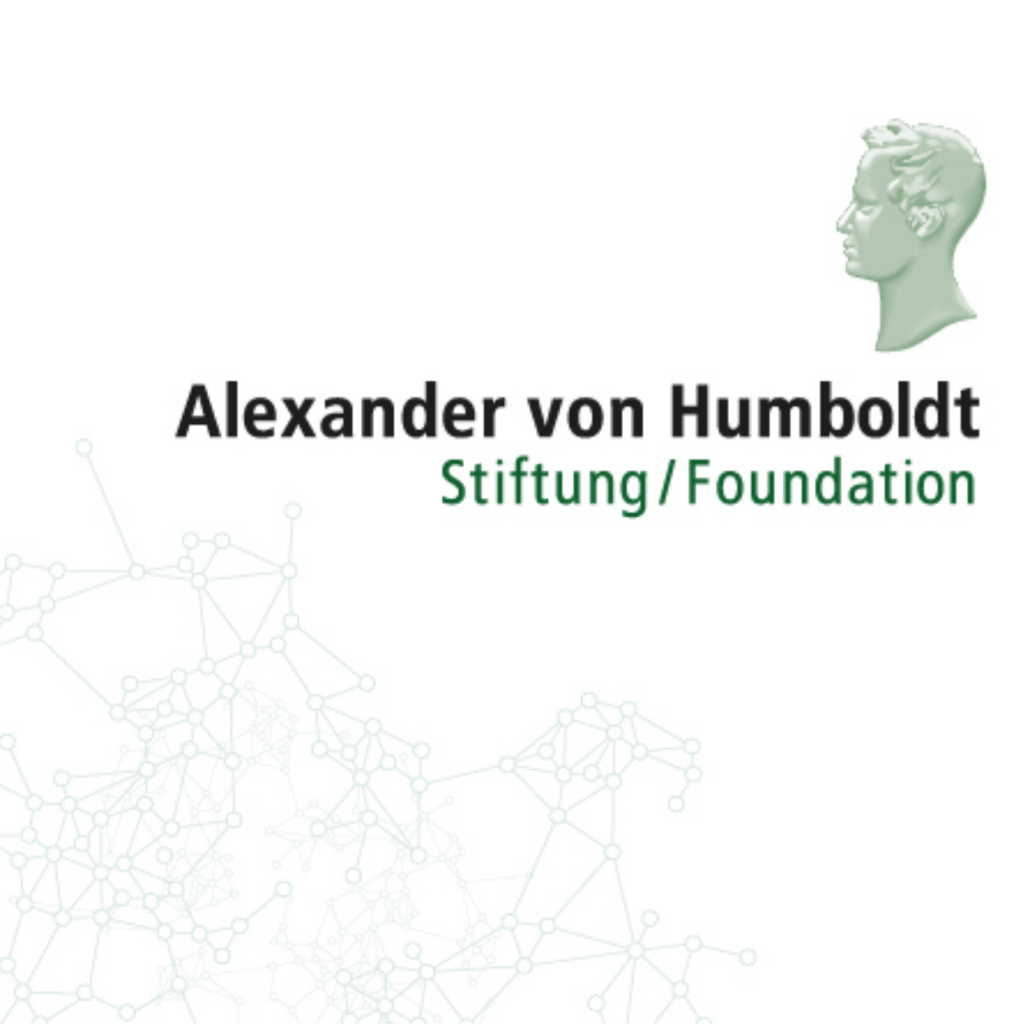
Alexander von Humboldt Foundation Alumni
I am a proud Humboldtian and a lifelong member of the worldwide Humboldt Alumni Network consisting of more than 30000 scholars.
Work Experience
Senior Researcher
Learning Systems and Robotics Lab
Technical University of Munich
2024-2025
Munich, Germany
Senior Manager
Munich Institute of Robotics and Machine Intelligence
Technical University of Munich
2021-2024
Munich, Germany
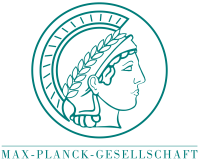
Senior Researcher
Physical Intelligence Department
Max-Planck Institute for Intelligent Systems
2016-2021
Stuttgart, Germany
Research Assistant
Institute of Robotics and Intelligent Systems
ETH-Zürich
2012-2016
Zürich, Switzerland
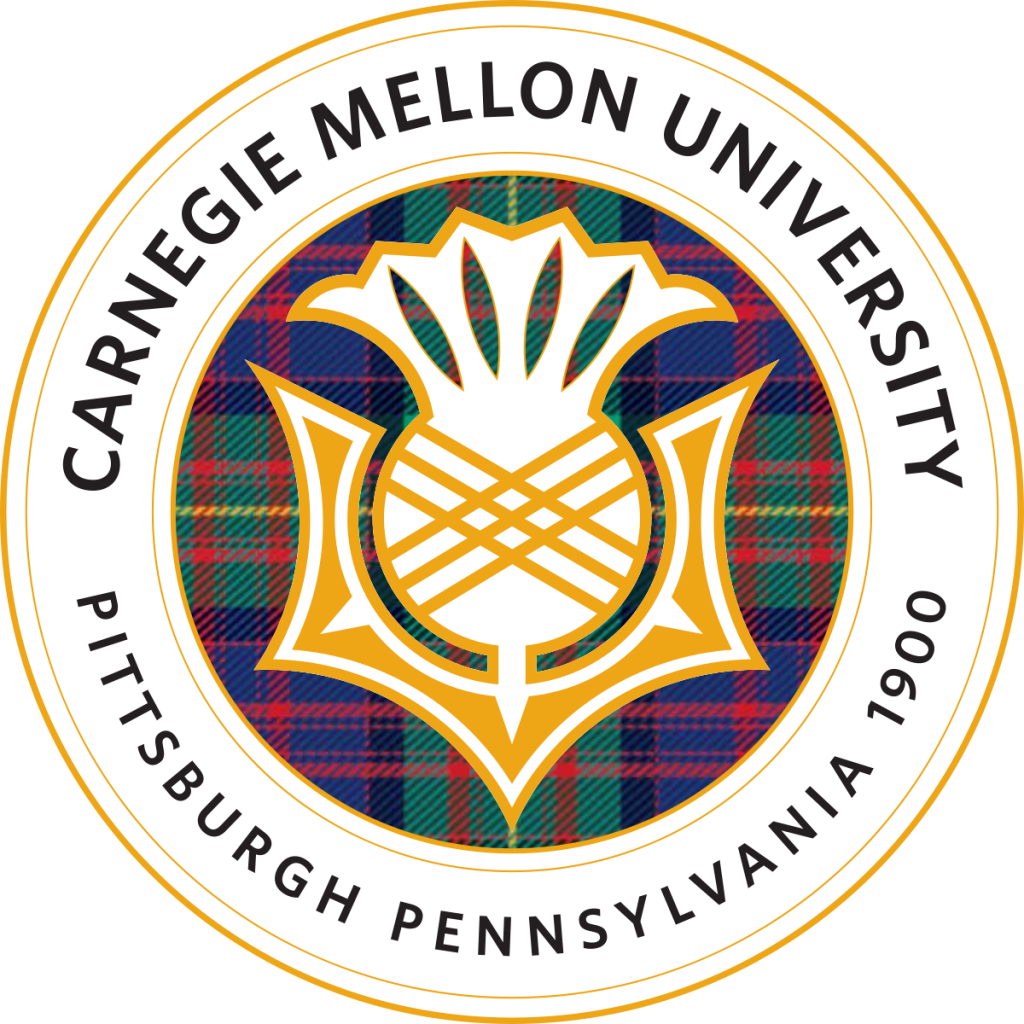
Research Assistant
Nano-robotics Laboratory
Carnegie Mellon University
2010-2011
Pittsburgh, PA, USA

Co-founder
Prolog Ltd.
2010-2011
Ankara, Türkiye
Education
Doctor of Science
ETH – Zürich, Mechanical and Process Engineering
2012-2016
Zürich, Switzerland
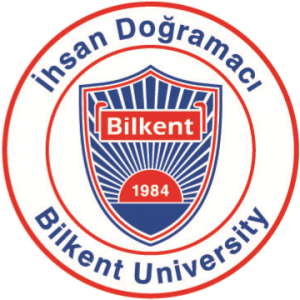
Master of Science
Bilkent University, Computer Engineering
2009-2012
Ankara, Türkiye

Bachelor of Science
Bilkent University, Computer Engineering
2005-2009
Ankara, Türkiye


